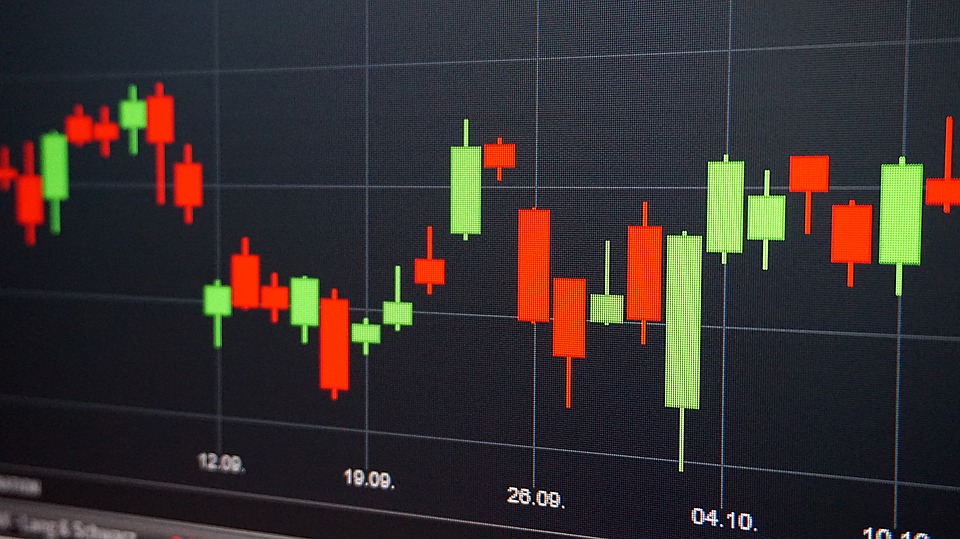Share trading has been popular for over a century. Using share CFDs is the latest trading strategy, which equips small investors with high capital leverage. In addition, investors get to place multiple orders on different financial instruments, tax exemptions and more.
Trading on global financial market in bullish & bearish environments can be accessed. If you are interested in shares then CFD broker platforms provide you with CFD shares from the US, Asia, Europe, etc. You get a chance to reap profits from rise and fall market environment, but the only need is that your calculation needs to be accurate. If your guess is not right then losses can be significant.
CFD share defined with example
CFD share trading is advantageous because no high deposits are needed to open a position. For example, CFD trader desires to invest in Samsonic [SSic] shares, before they release the new android tablet. He wants to buy 1,000 shares of SSic. The SSic single share price is $100. So, the 1,000 shares are worth $100,000. The trader will be left with two options.
- To buy 1,000 SSic shares directly from broker, he will need minimum $50,000 to obtain maximum leverage of 2:1.
- To buy 1,000 SSic CFD shares from providers, you will need margin deposit of $2,000 SSic with 50:1 leverage.
Physical share Vs CFD share trading
On looking at both the options here, you will find that the difference of margin need is high. Traders who are not capable to invest $50,000 can afford to pay $2,000. Commission fee differences are also huge. CFD trading is significantly cheap than physical share trading. Unlike physical shares, CFD provides tax exemption.
Advantages of share CFDs
- Great leverage
- No stamp duty
- Enables intra-day share trading with variety of great deals
- Commission charges are considerably low
- With share CFD you get to go short or long [wager on any directions]
- CFD trades can be done on different financial markets like Forex, crude oil, indices, commodities, and gold
Some characteristics of CFDs
- You don’t need to be an owner of the underlying share to open a CFD trade position, so are lack right to vote.
- The CFD share investor does not have an influence in the company’s strategy, which normal shareholder enjoys.
- CFD share investor is powerless with regards to the direction underlying asset pricing will move.
- In case of share splits for each CFD holder the impact is as follows – you will receive dividend if you go long and there will be a need to pay dividend in case you go short.
Identify share trend
Shares are volatile asset, which change dramatically because of several reasons. Merging, new patents and new licenses are conditions that increase share prices.
Shares trend well from technical analysis standpoint. Strong trends may be followed easily using leverage CFDs nature. Mid trends can be followed by opening CFD futures position. A CFD future trading does not demand overnight charges.
So, CFD future positioning becomes free until the expiry of underlying future contract. Basically, CFD futures expire after 2 to 3 months. Huge profits can be achieved through CFD trading on instruments by recognizing the strong trend.
What affects share CFDs valuation?
Share CFDs reflect price changes of specific physical share prices. For example, whatever factors affect the physical GKN share price will also impact share CFD rates.
Important factors that affect share prices
- Underlying company value – Company value helps to create earnings and cash-flows. Earnings get changed into dividends. High dividends attract share investors. Other things like risk and strategic issues affect underlying company’s value.
- General market volatility – Market volatility dramatically affects share value.
- Difference between Forex rate and share price – When trading Forex list shares then its price is altered is according to the Forex rate. Forex rates have the possibility of fluctuating heavily, which greatly affects share prices.
